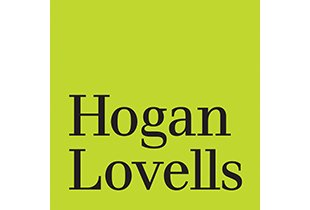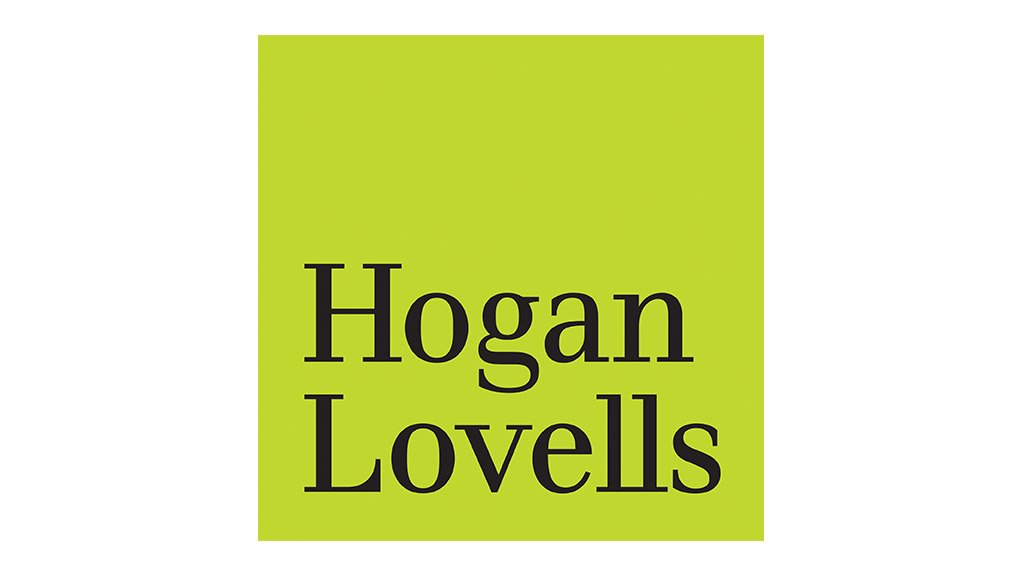The recent listeriosis outbreak and role players’ response have drawn attention to the importance of food safety in South Africa and the regulatory regime that governs it. It is reported that the estimated loss to the economy from the banned exported products alone due to product recall accounts to US$8-million.
All businesses that serve food and beverages to the public need to comply with laws that ensure your food is safe and that the premises are clean. Regulations vary from industry to industry. Some of the key statutes and regulations are applicable to manufacturers of food and beverages are following:
- Foodstuffs, Cosmetics and Disinfectants Act, 1972;
- Agricultural Products Standards Act, 1990;
- Meat Safety Act, 2000 and its Regulations;
- The International Health Regulations Act, 1974;
- Liquor Products Act, 1989;
- Genetically Modified Organisms Act 25 of 1997;
- SABS Food Hygiene Management Code 049 of 2001;
- SABS Code 0330: 1999- The Implementation and Management of a Hazard and Critical Control Point (HACCP) system;
- SABS Code 1853: Disinfectants and Detergent Disinfectants for Use in the Food Industry; and
- ISO 15161: 2001- Guidelines on the Application of ISO 9001: 2000 for the Food and Drink Industry.
The Department of Health regulations prescribe that all manufacturers of food or drink should have the HACCP system to ensure that all food is handled and served without risk to customers' health.
The listeriosis outbreak has demonstrated the potential harm or loss or potential liability that could be suffered or faced by manufacturers, distributors and retailers of food or beverages. The issues surrounding food safety create a number of direct and indirect risks. The risks can be categorised as physical, operational, financial, reputational, geopolitical and regulatory. The more complex and extensive a company's food supply chain, the greater its supply chain risks. Contamination or disruption of one part can affect a number of downstream companies. Insurance can play a crucial role in risk mitigation and management. The obvious challenge faced by brokers is to identify the aforesaid risks and recommend the appropriate insurance cover to reduce or mitigate these risks. The available insurance cover in the market for manufacturers in the food or beverages space to purchase is product liability, general liability, product recall and product guarantee.
Supply chain risk presents an opportunity for the insurance industry to play a bigger role in mitigating food risks and the recent listeriosis outbreak only highlights the necessity for businesses to manage risks along their supply chains. It is anticipated, as a result of the catastrophic consequences of the listeriosis outbreak and inadequate regulatory framework within the food and beverages industry, there will be new laws, higher safety standards and increased regulation. This will present an ideal opportunity for insurers to devise new products to fill certain coverage gaps presented by the new regulatory framework.
Written by Ayanda Nondwana, partner at Hogan Lovells (South Africa)






